First Presidential Radio Address

The first presidential radio address is delivered by Calvin Coolidge. Broadcast from the White House, the talk is carried on five stations with an estimated five million listeners.
First Telephone Book Published
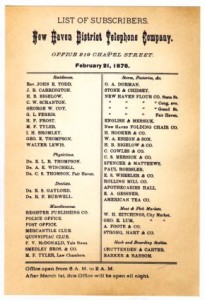
The first telephone book is issued in New Haven, Connecticut by the New Haven Telephone Company. It lists twenty-one names. You probably have at least twice as many names in your cell phone today!
First Burglar Alarm Installed

The first electrical burglar alarm is installed by inventor Edwin T. Holmes in Boston, Massachusetts. It was a very simple system that rang a bell if a door or window was opened.
Edison Patents Light Switch, Sort Of
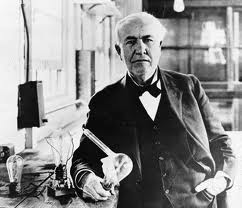
Thomas Edison receives three US patents on this day, two of which are in essence the first light switches: “Cut Out for Incandescent Electric Lamps” (US Patent 491,992) and “Stop Device.” (US Patent 491,993).
Space Station Mir is Launched
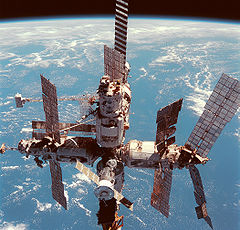
The Soviet Union launches the core module of the Mir space station. The core module will provide living quarters for the cosmonauts, including a galley, cooking elements, storage, individual crew cabins and personal hygiene area. Five additional modules will be launched between March 1987 and April 1996.
John Glen Becomes First American to Orbit Earth
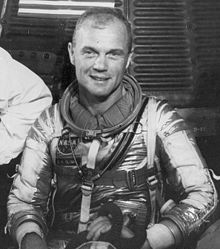
John Glenn becomes the first American to orbit the Earth, riding aboard Friendship 7. Glenn orbits the Earth three times in four hours, fifty-five minutes. NASA accomplishes the landmark using an IBM 7030 Stretch supercomputer.
HD DVD Surrenders
In the Beginning Apple.com Was Created
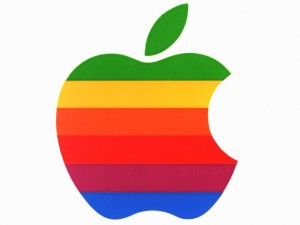
The Internet domain apple.com is created. Note that this was a full 4 years before the World Wide Web was launched or microsoft.com was registered … I’m just sayin’.
First Warrant to Search Computer Data

The first warrant is issued to search a computer’s storage. The warrant allowed the searching of:
- Key Punch Computer Cards, punched with a proprietary remote plotting program
- Computer Printout sheets of a proprietary remote plotting program
- Computer memory bank and other data storage devices magnetically imprinted with the proprietary computer program.
This event would lead to increasingly sophisticated methods of encryption to hide computer files from law enforcement agents.
First Flight of Space Shuttle – Just Not Into Space
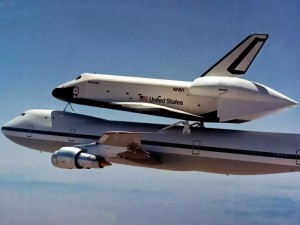
The first Space Shuttle orbiter, the Enterprise, embarks on its maiden flight in “captive mode,” attached to the top of a Boeing 747 jumbo jet. The flight is the first of five captive flights before the orbiter is finally released to land on its own. The nine month test program is conducted through November 1977 at the Dryden Flight Research Facility to demonstrate that the orbiter can fly and land like an airplane. The Enterprise, while the first shuttle to fly, was not the first space-worthy orbiter and was only used for testing purposes.

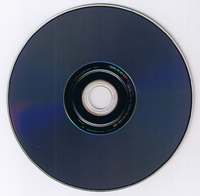 February 19, 2008
February 19, 2008